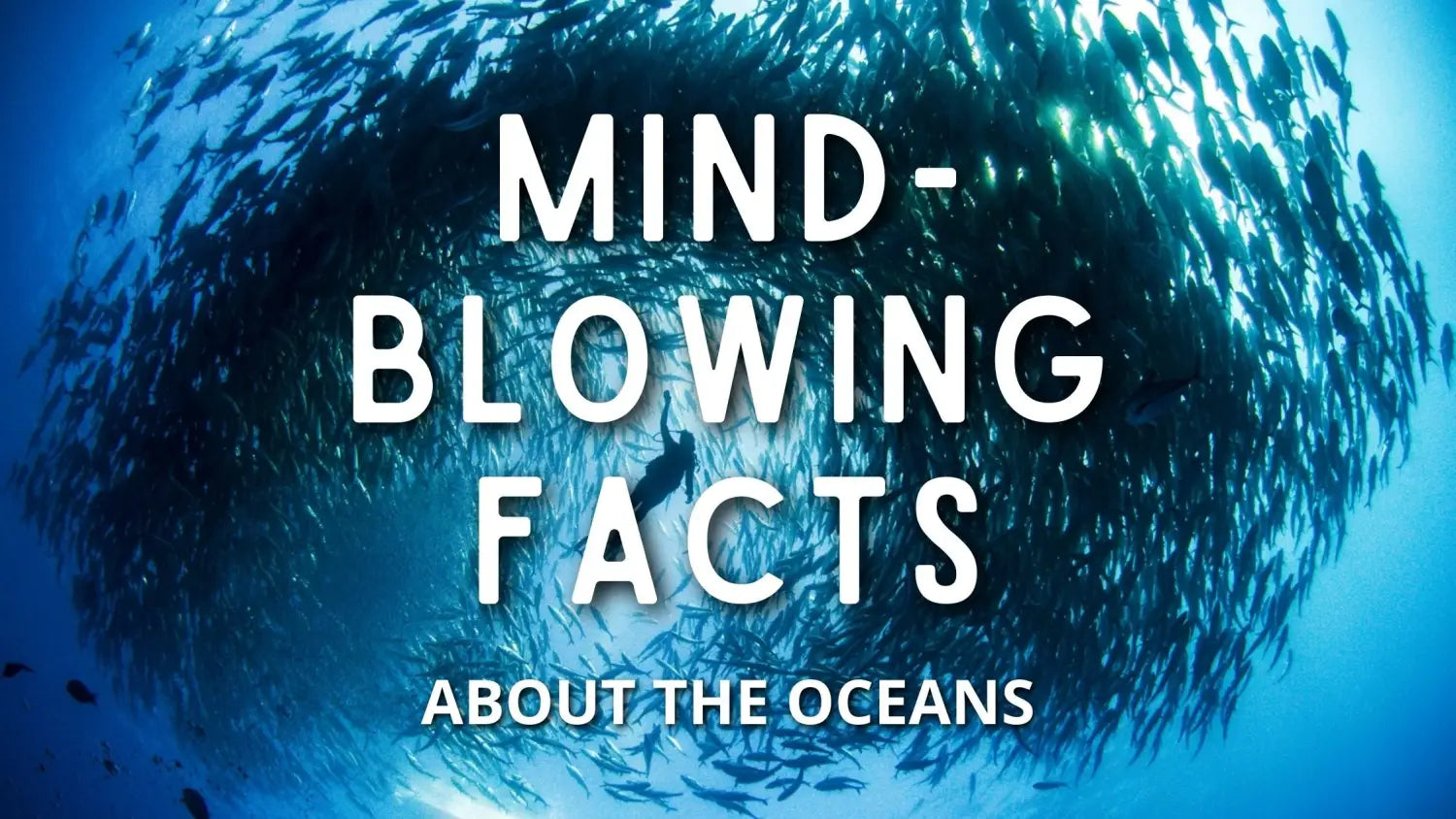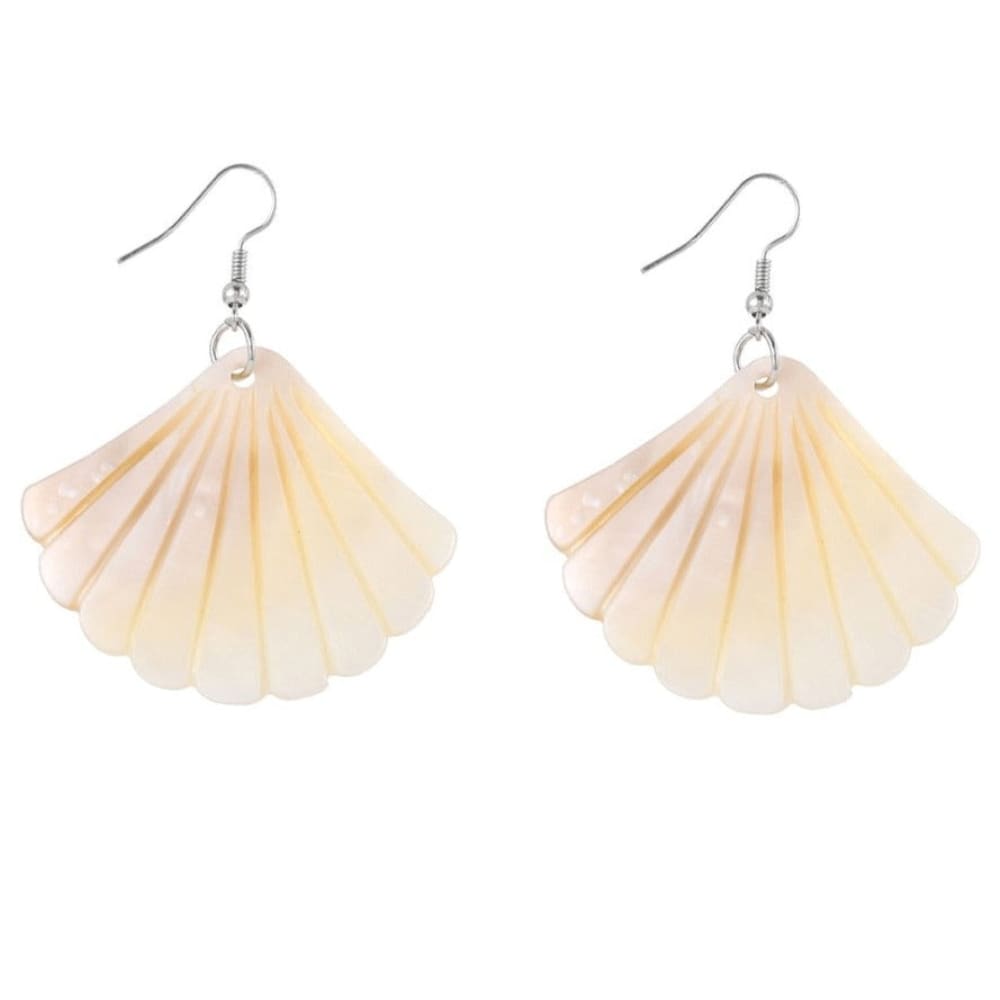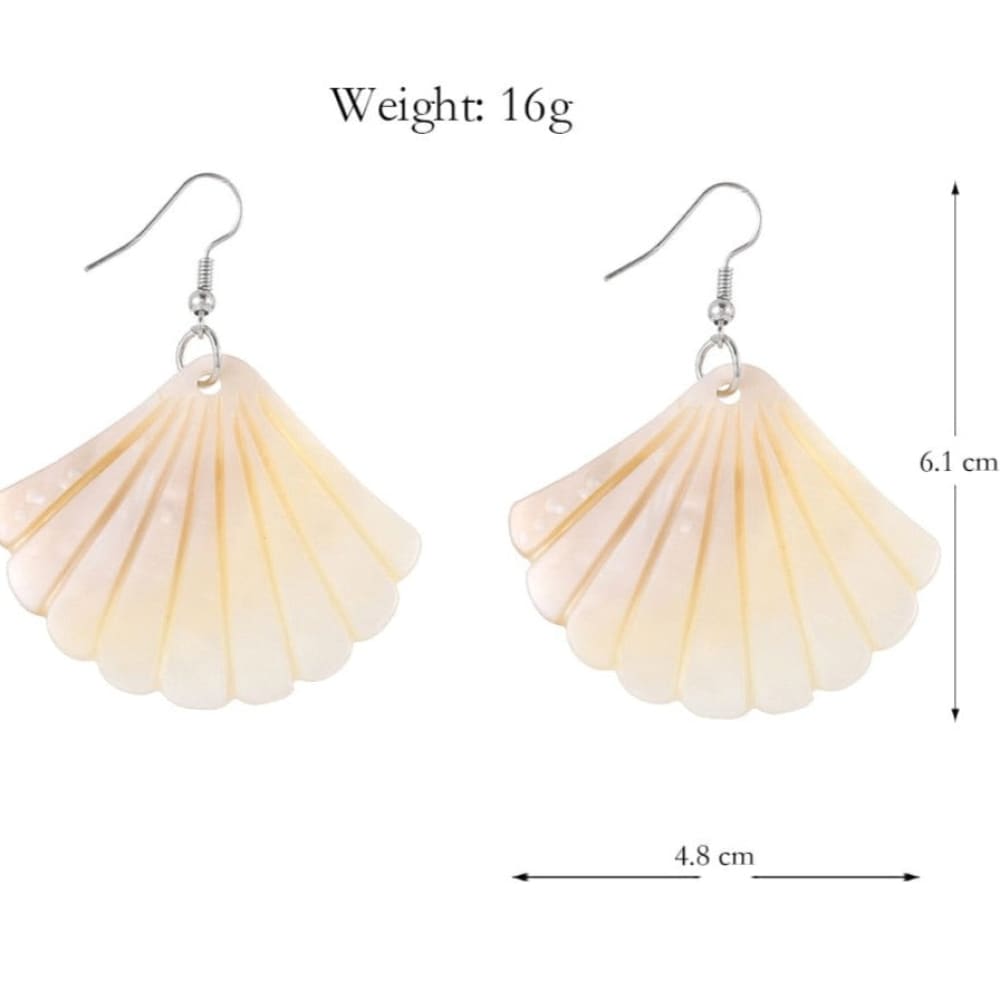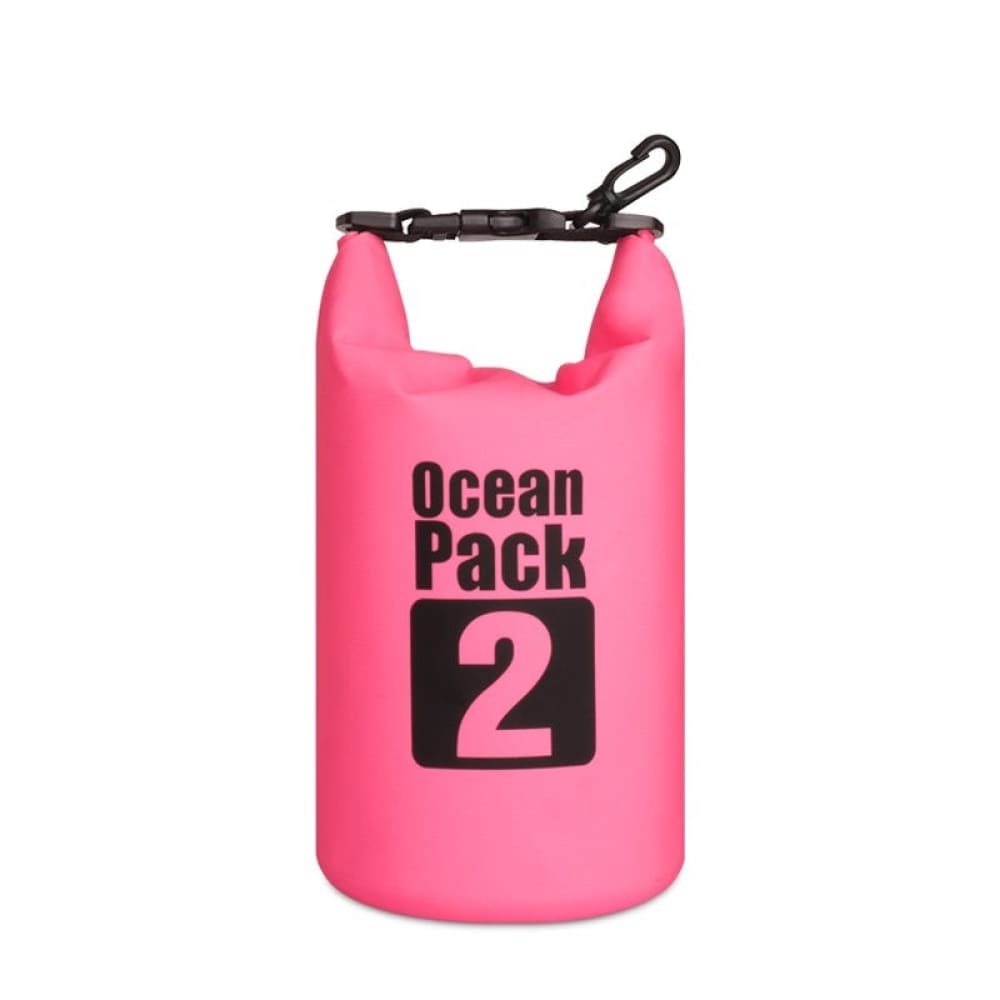Mind-Blowing Facts about the Oceans: 15 Surprising Things You Never Knew
Did you know that the oceans cover more than 70% of the Earth's surface and contain over 200,000 known species? Or that they play a crucial role in regulating the Earth's climate and weather patterns?
The oceans are vast and mysterious, and there is still so much we have yet to discover about them. Here are 15 mind-blowing facts about the oceans that will blow your mind:
1. The oceans are home to the largest living structure on Earth
The Great Barrier Reef, located off the coast of Australia, is the largest living structure on Earth. It spans over 1,400 miles and is home to an incredible array of marine life, including over 1,500 species of fish and 400 species of coral.
2. The oceans contain enough water to cover the entire surface of the Earth in a layer over 1 mile deep
If you took all of the water in the oceans and evenly distributed it over the surface of the Earth, it would create a layer more than 1 mile deep. That's a lot of water!
3. The deepest part of the oceans is the Mariana Trench
Located in the western Pacific Ocean, the Mariana Trench is the deepest part of the world's oceans. It reaches a depth of almost 7 miles at its lowest point, known as the Challenger Deep. This is deeper than the highest mountain on Earth, Mount Everest, is tall.
4. The oceans are home to some of the biggest creatures on Earth
The blue whale, found in the oceans, is the largest animal on Earth. It can grow up to 100 feet long and weigh over 200 tons. The oceans are also home to the second largest animal on Earth, the fin whale, which can grow up to 85 feet long and weigh up to 70 tons.
5. There are more artifacts on the ocean floor than in all of the world's museums combined
There are an estimated three million shipwrecks on the ocean floor, many of which contain valuable artifacts. In fact, there are likely more artifacts on the ocean floor than in all of the world's museums combined.
6. The oceans are home to some of the most toxic substances on Earth
Despite being a source of life for so many creatures, the oceans are also home to some of the most toxic substances on Earth. For example, the dinoflagellate species of algae produce a toxic substance called domoic acid, which can cause amnesic shellfish poisoning in humans.
7. The oceans are home to the longest mountain range in the world
The Mid-Ocean Ridge is the longest mountain range in the world, stretching for over 40,000 miles. It runs through the center of the world's oceans and is home to some of the most active volcanoes on Earth.
8. The oceans are responsible for producing more than half of the oxygen we breathe
The oceans are a vital source of oxygen for the planet, producing more than half of the oxygen we breathe. This oxygen is produced by marine plants and algae, which use photosynthesis to convert carbon dioxide and sunlight into oxygen.
9. The oceans are home to the highest waterfall on Earth
The Angel Falls in Venezuela is the highest waterfall on Earth, with a total height of over 3,000 feet. However, it is not the only waterfall in the world that falls into the ocean. There are several other waterfalls that flow into the oceans, including the Browne Falls in New Zealand and the Yumb
10. The oceans contain many strange and mysterious creatures
The oceans are home to many strange and mysterious creatures, including the giant squid, which can grow up to 43 feet long, and the anglerfish, which has a bioluminescent lure on its head to attract prey. There are also many species of deep sea fish, such as the viperfish and the lanternfish, that have adapted to the extreme pressure and lack of light at the depths of the oceans.
11. The oceans are a major source of food for the world
The oceans are a major source of food for people all over the world. Fish and other seafood are a staple in many diets, and the oceans also provide other important resources, such as seaweed and kelp.
12. The oceans are home to some of the world's most beautiful and exotic locations
From the crystal clear waters of the Caribbean to the colorful reefs of the Great Barrier Reef, the oceans are home to some of the most beautiful and exotic locations on Earth. These locations are not only breathtaking to look at, but they also support a diverse range of marine life and are important for the health of the planet.
13. The oceans are under threat from pollution and overfishing
Unfortunately, the oceans are facing a number of threats, including pollution and overfishing. Plastic pollution is a major problem, with an estimated 8 million tons of plastic entering the oceans every year. Overfishing is also a concern, as it can lead to the depletion of important fish populations and damage to marine ecosystems.
14. The oceans are important for regulating the Earth's climate
The oceans play a crucial role in regulating the Earth's climate and weather patterns. They absorb a significant amount of the sun's heat and help to keep the planet's temperature stable. The oceans also produce clouds and precipitation, which play a vital role in the water cycle and the distribution of water around the planet.
15. There is still so much we don't know about the oceans
Despite the incredible advances we have made in understanding the oceans, there is still so much we don't know. There are likely many species and ecosystems that have yet to be discovered, and there are still many mysteries to be uncovered about the deep sea.
Mind-Blowing Facts about the Oceans Conclusion
I hope these mind-blowing facts about the oceans have given you a greater appreciation for these vast and mysterious bodies of water. They play a vital role in supporting life on Earth and are home to an incredible array of species and ecosystems. It is important that we work to protect the oceans and the marine life that calls them home.

































